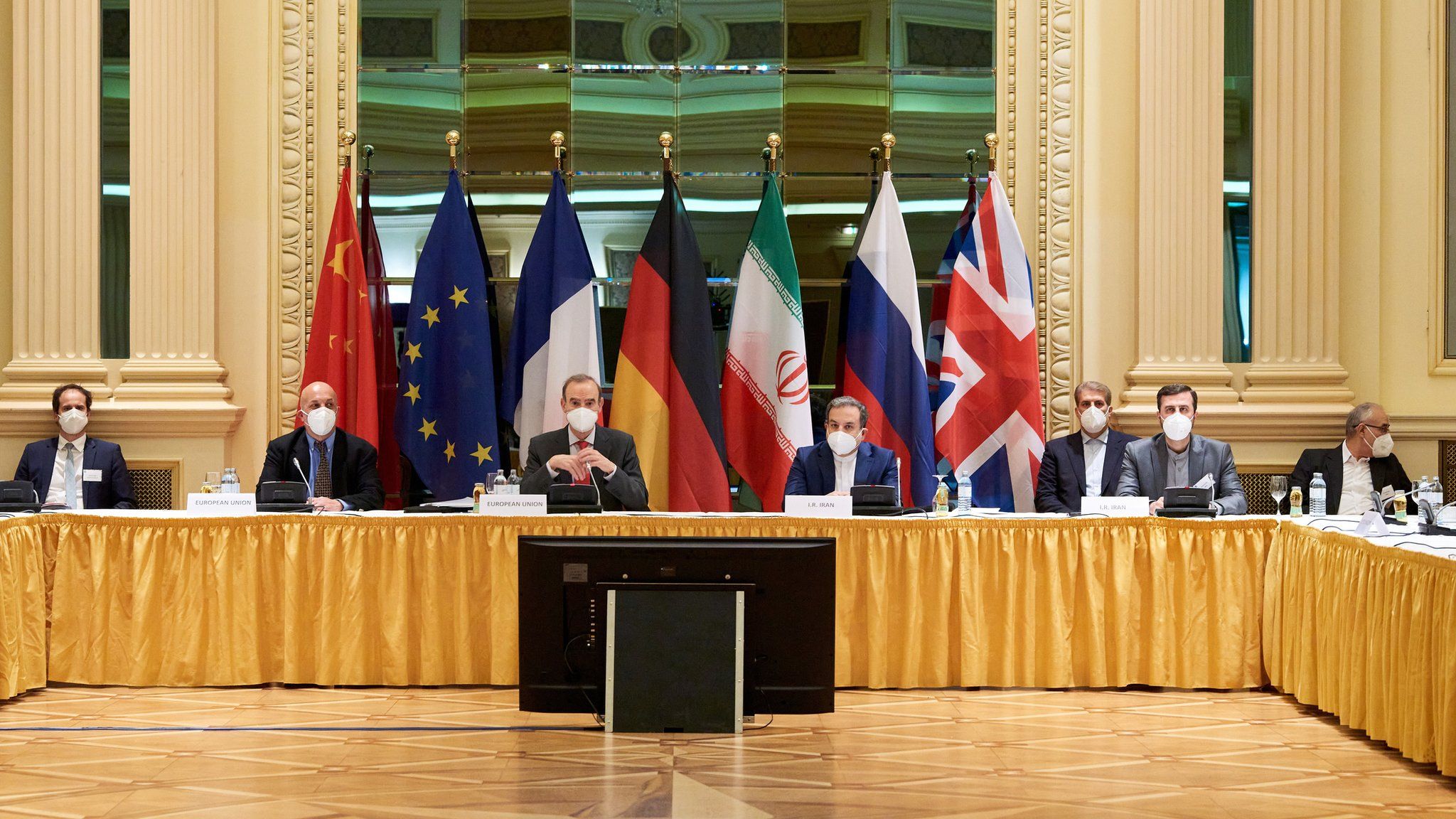FOR IMMEDIATE RELEASE: Friday, May 7, 2021
CONTACT: Mana Mostatabi | 202.386.6325 x103 | [email protected]
Washington DC–In response to the conclusion of the fourth round of talks in Vienna about the Iran nuclear deal, NIAC Senior Research Analyst Sina Toossi released the following statement:
Back to top“The delegations in Vienna have ended two weeks of marathon negotiations with all sides hailing progress in the talks. The U.S. and Iran are clearly both taking these negotiations seriously and each side aims for a deal that best secures its interests. NIAC calls on all sides to avoid brinkmanship and not risk losing this diplomatic momentum to restore the nuclear deal. The outbreak of devastating violence in Israel and Palestine is a testament to the volatile regional situation and the need to urgently address conflicts through diplomacy, lest they spiral into uncontrollable military escalation.
“We call on the parties to ensure that the next round of negotiations secures U.S. reentry to the deal and full compliance by all sides. Both the U.S. and Iran have repeatedly insisted that they will return to compliance if the other does the same. Now, it is time to turn rhetoric into reality while the window remains open.
“While progress seemed swift in the initial rounds of talks in Vienna, their pace has visibly slowed amid reported disagreements on sensitive areas for each side. This includes Iran disabling its more advanced centrifuges and the U.S. lifting certain Trump-era sanctions.
“Any kind of maximalism from either side will be a recipe for the negotiations’ failure. While the realities of the past several years have undoubtedly triggered caution from each side, these challenges must be approached with flexibility and not intransigence. The two sides must seek to generate goodwill and show their intention to return to full compliance with the nuclear deal.
“There are two looming dates that are currently casting a shadow over the Vienna process. One is the May 21st expiration of an agreement Iran reached with the IAEA in February, which allowed heightened surveillance of Iran’s nuclear program to continue for three months. Another is Iran’s upcoming presidential election on June 18th, with hardline political forces seeking to consolidate their growing control. Iran can best show the sincerity of its intention to restore the nuclear deal by renewing the temporary agreement to the IAEA and not holding back progress on the talks until its election. As the current regional situation shows, much can go wrong by late June.”
